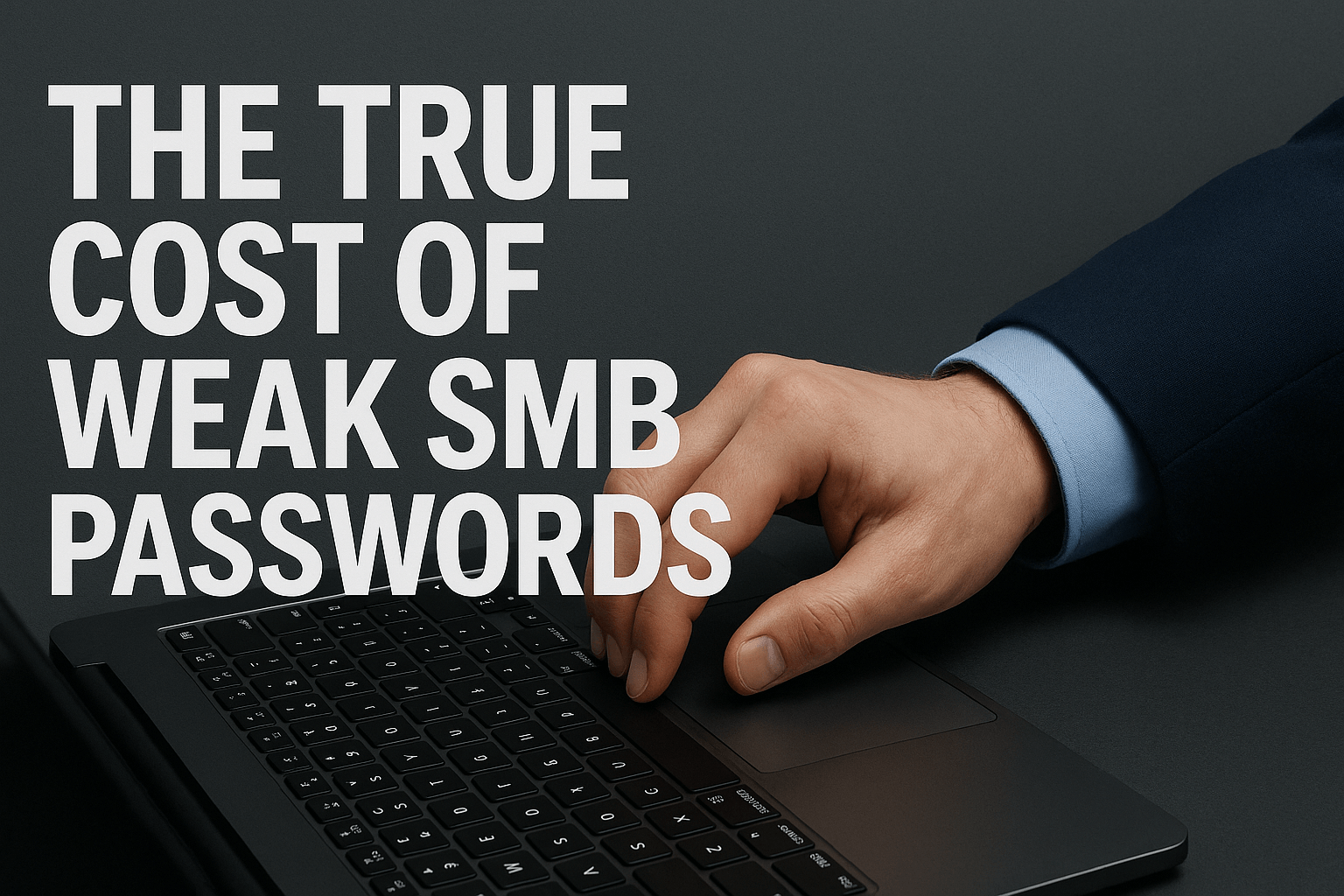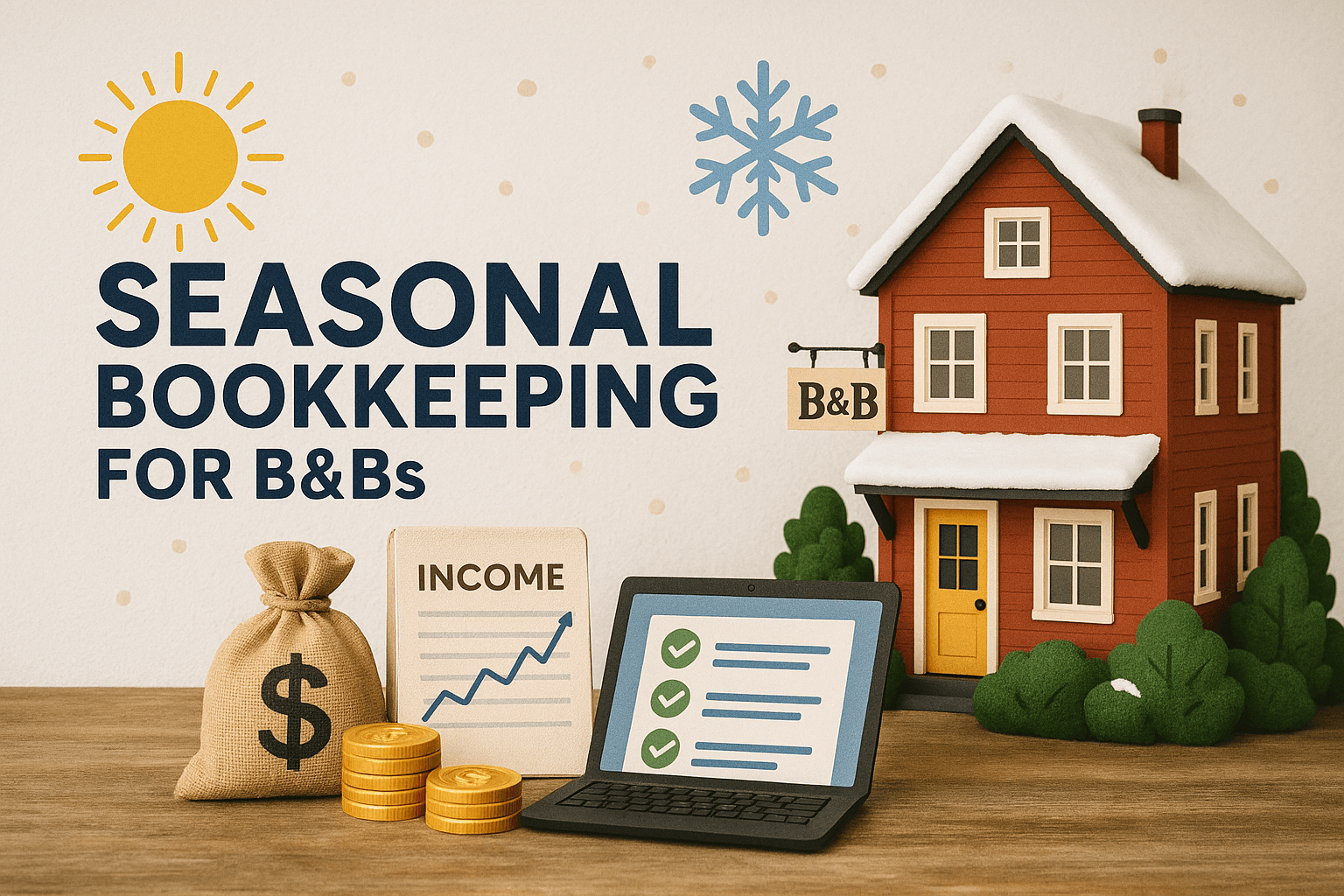Technology Expense Management:
Cut IT Costs & Optimize Spend
Technology Expense Management (TEM) is the systematic process of tracking, managing, and optimizing all your organization’s technology-related expenditures—from cloud services and software subscriptions to telecom bills and mobile devices—to reduce unnecessary spending while improving operational efficiency and compliance.
I’ve spent the last two decades working with small and mid-sized business owners, and I can tell you: most are hemorrhaging money on technology they don’t use, services they’ve forgotten about, and vendor contracts negotiated three years ago. In fact, nearly 50% of all software licenses go completely unused, costing companies approximately $45 million per month globally. The companies that get ahead aren’t the ones spending more on technology—they’re the ones managing what they already have. In this guide, I’ll show you exactly how to identify those hidden cost leaks, implement systems that actually work, and reclaim thousands (or tens of thousands) in annual IT spending.

What is technology expense management and why does your SMB need it?
- Technology Expense Management tracks, controls, and optimizes all IT spending across your organization in one centralized system
- It eliminates hidden costs by providing full visibility into invoices, contracts, and usage across cloud, telecom, software, and mobile services
- Automation reduces manual work by processing bills, auditing invoices, and flagging anomalies in real time
- TEM typically delivers 20-40% in cost savings within the first 12 months through identified waste and vendor renegotiation
- Better financial visibility leads to smarter decisions about IT investments aligned with business growth, not just budget constraints
The Hidden Costs SMBs Are Missing: Why Technology Expense Management Matters
Most SMBs don’t realize how much they’re overspending on technology because costs are scattered across departments, hidden in old contracts, and buried in complexity. Your finance team sees the total telecom bill. Your IT manager tracks cloud spend separately. Someone in accounting is still paying for a software license nobody uses. Meanwhile, automatic renewals keep charging for forgotten subscriptions, and you’re paying list price for services that should have been negotiated months ago.
This fragmentation isn’t just wasteful—it’s expensive. Research shows that 53% of SaaS apps go underutilized or unused, with organizations wasting approximately $21 million each year on licenses that provide zero value. Without Technology Expense Management, you’re leaving significant money on the table.
What makes TEM different from basic budget tracking
Traditional budget spreadsheets and department-level tracking miss the forest for the trees. Technology Expense Management solutions consolidate all technology-related spending into one unified view, apply automated auditing rules, and flag opportunities for savings that would take your team weeks to uncover manually. The result: you move from reactive cost-cutting to proactive, data-driven optimization.
Here’s a striking historical perspective: In 2014, operational expenses made up 70% of total IT budgets. By 2020, that ratio shifted to 77%, driven by cloud services and SaaS adoption. This fundamental change in how technology is purchased—from one-time capital expenses to recurring subscriptions—created the perfect storm for runaway costs.
Core Benefits of Technology Expense Management for Your Bottom Line
Cost savings and financial visibility
The most immediate benefit is cost reduction. Organizations implementing TEM often see 20-40% savings through identified waste, vendor renegotiation, and elimination of redundant services. But the real value lies in where the money comes from. TEM solutions audit invoices automatically, identify billing errors, catch hidden charges, and uncover unused services that are silently renewing each month.
Research shows that the average small business can save up to $20,000 annually by implementing efficient expense management tools and Technology Expense Management practices. For a small business operating on tight margins, this can be the difference between profitability and breaking even.
One of the fastest wins: Carrier and vendor renegotiation. A TEM provider will analyze your current contracts and usage patterns, then renegotiate with suppliers on your behalf. This alone can deliver up to 20% cost savings in year one across telecom and cloud services.
Enhanced operational visibility and control
Without TEM, you can’t answer basic questions: How much are we spending on cloud services by department? Which software licenses are actually being used? Are we paying for duplicate tools across teams? Technology Expense Management gives you a centralized dashboard with complete visibility across mobile, cloud, telecom, and software expenses.
This visibility isn’t just about tracking—it’s about control. You can segment costs by department, project, or cost center, making it easier to allocate expenses accurately and hold teams accountable for their technology spend analytics.
Compliance, security, and risk reduction
TEM automation ensures your organization stays compliant with company policies and regulatory standards without relying on manual processes that fail. Automated compliance checks flag non-compliant submissions before they become problems. Invoice auditing catches billing disputes and overages. And systematic contract management ensures you never miss a renewal date or compliance deadline.
For tax purposes, TEM automation helps categorize all technology-related costs accurately, creating audit-ready reports that streamline tax filing and maximize deductions for software and IT infrastructure.
How to Conduct a Technology Expense Audit: Your First Step
Before you can optimize, you must measure. An honest assessment of your current technology spending is the foundation of any effective Technology Expense Management strategy.
Mapping your technology expense categories
Start by identifying all the places your organization is spending money on technology. This typically includes:
- Cloud services (AWS, Azure, Google Cloud, Salesforce, etc.)
- SaaS subscriptions (Office 365, Slack, Asana, HR platforms, accounting software)
- Telecom and mobile services (phone lines, internet, cellular plans)
- Hardware and devices (laptops, monitors, mobile devices)
- Software licenses (both per-seat and site licenses)
- Managed services and support (MSP fees, IT support contracts)
- Maintenance and renewals (annual support agreements, upgrades)
Centralizing your expense data
The biggest challenge most SMBs face is that technology expenses are scattered across multiple sources: vendor invoices arrive via email, cloud providers send separate bills, phone companies mail invoices quarterly, and SaaS charges appear on corporate credit cards. To conduct a proper audit, you need to consolidate this data into one location.
- Action step: Create a centralized spreadsheet or use a SaaS management platform that aggregates all expenses. Include vendor name, cost, contract term, renewal date, business owner, and current usage status. This single view is your starting point for identifying waste.
Identifying quick wins: Unused services and redundancies
Once you’ve centralized your data, look for the low-hanging fruit:
- Unused subscriptions: Software licenses that haven’t been accessed in 90+ days
- Duplicate services: Multiple teams paying for similar tools
- Inactive cloud resources: Unused storage or compute instances still incurring charges
- Expired free trials that automatically converted to paid subscriptions
- Automatic renewals for services no longer needed
One SMB we worked with discovered they were paying for four different project management tools because teams weren’t communicating. Consolidating to a single platform saved them $18,000 annually without sacrificing functionality. These redundancies are common and often the easiest wins to capture.

Implementing Technology Expense Management: Key Strategies for Cost Optimization
Strategy 1: Optimize cloud spend through right-sizing and usage analysis
Cloud services are flexible and powerful, but they’re also where many SMBs overspend. Between 28% and 50% of cloud spending simply goes down the drain—wasted on overprovisioned resources, idle infrastructure, and poorly optimized configurations. Some companies waste as much as $50,000 or more each month on avoidable cloud expenses.
Cloud cost optimization steps:
- Conduct a usage audit: Review your cloud dashboards to identify which resources are actively used
- Right-size your instances: Match your cloud resources to actual demand. Many organizations can cut cloud costs 20-30% just by switching from over-provisioned instances
- Delete idle resources: Unattached storage and stopped instances still incur charges
- Choose cost-effective pricing models: Compare on-demand vs. reserved instances
- Use automation: Set up alerts for cost anomalies and automated rules
For deeper insights into managing these costs systematically, explore cloud spend optimization and technology expense management solutions through established FinOps practices.
Strategy 2: Implement software asset management (SAM) and license optimization
Software licensing is intentionally complex—vendors make it that way. But it’s also where you can recover significant money through Technology Expense Management practices.
Companies globally now use an average of 106 SaaS applications, down from 130 applications at the 2022 peak. This 18% decrease shows that businesses are intentionally cutting back on non-essential tools and consolidating to fewer, stronger platforms.
License optimization approach:
- Conduct a SAM audit: Determine what software you own versus what you’re using
- Negotiate volume discounts: If you’re using a tool across 50+ employees, you likely qualify for volume pricing
- Consolidate overlapping tools: One communication platform beats four different tools
- Switch to usage-based licensing where it makes sense
- Eliminate shadow IT: Technology Expense Management systems flag rogue purchases
Learn more about implementing comprehensive software asset management to control your software portfolio effectively.
Strategy 3: Telecom and mobile expense management for remote workforces
Telecom and mobile are often overlooked in Technology Expense Management, but they represent 15-20% of IT budgets for many organizations. This is where vendor renegotiation delivers immediate wins.
Telecom and mobile optimization:
- Audit your current plans: Are your mobile plans aligned with actual usage?
- Renegotiate with carriers: A TEM provider can often secure 15-25% discounts on existing contracts
- Consolidate carriers: Managing one provider is more efficient than three
- Implement usage policies: Set clear guidelines about device types and plan levels
For distributed teams, effective mobile expense management becomes even more critical to control costs while supporting productivity.
Strategy 4: Centralize contract and invoice management
One of the highest-impact Technology Expense Management practices is bringing all contracts and invoices into a unified system where nothing slips through the cracks.
Contract management best practices:
- Create a contract repository: Document every technology contract including terms and renewal dates
- Automate renewal reminders: Implement alerts 60-90 days before renewal
- Audit invoices systematically: Use Technology Expense Management software to flag duplicate charges
- Implement approval workflows: Require sign-off before new purchases
Proper vendor invoice reconciliation forms the foundation of accurate expense tracking. For complex invoicing scenarios, consider implementing automated invoice reconciliation for IT and telecom expenses to catch errors before payment.
Real-World Impact: How TEM Transformed One SMB’s Technology Spend
Case study: Mid-market professional services firm (50 employees)
One of our clients, a 50-person accounting and consulting firm, was spending approximately $185,000 annually on technology but had zero visibility into where the money was going. Cloud bills arrived separately from SaaS invoices. Mobile costs were handled by HR. Telecom was the office manager’s domain.
We implemented a comprehensive Technology Expense Management approach:
- Month 1: Consolidated all expenses into a centralized dashboard. Discovered $28,000 in unused or redundant subscriptions, including design tools and training software that had been automatically renewing for years.
- Months 2-3: Conducted vendor renegotiations. Secured an 18% discount on their cloud contract and 22% discount on their telecom bundle by consolidating carriers.
- Months 4-6: Implemented automated invoice auditing. Caught two overbilling errors totaling $3,200. Set up renewal reminders and right-sized cloud resources.
Year 1 Results:
- Total savings: $67,400 (36% reduction)
- Recurring annual savings: $52,000
- Freed up 8 hours per month of manual reconciliation
More importantly, the CFO could now answer basic questions about technology spending and make informed decisions about future investments. Technology spending became strategic, not reactive.
Additional success story: Enterprise SaaS consolidation
One mid-sized enterprise reduced their SaaS portfolio from 127 applications down to just 68 while maintaining full functionality. Their results:
- Total savings: $980,000 annually (35% reduction)
- License optimization saved $420,000
- Application consolidation saved $310,000
- Vendor renegotiation saved $250,000
- Improved security through reduced attack surface
These case studies prove that dramatic consolidation is possible without sacrificing functionality. The key is systematic evaluation and strategic decision-making.
Building Your Technology Expense Management Program: A Practical Roadmap
Implementing Technology Expense Management doesn’t require a massive overhaul. You can start with quick wins and build a comprehensive program over time.
Phase 1: Foundation (Weeks 1-4) – Visibility and discovery
Objectives: Centralize data, identify quick wins, establish baseline spending
- Consolidate all technology expenses into a single source
- Identify all vendors and contracts
- Categorize spending by type
- Flag unused services and redundancies
- Document your current process and pain points
Expected outcomes: 15-25% quick savings from eliminating redundant services
Phase 2: Optimization (Weeks 5-12) – Smart cost reduction
Objectives: Renegotiate contracts, right-size resources, implement controls
- Conduct vendor renegotiations (focus on telecom and cloud first)
- Implement cloud cost optimization
- Consolidate overlapping tools
- Set up automated invoice auditing
- Establish contract renewal calendar
- Implement approval workflows
Expected outcomes: Additional 10-20% savings from optimization
Phase 3: Maturity (Weeks 13+) – Continuous improvement
Objectives: Automation, predictability, strategic alignment
- Deploy Technology Expense Management software
- Establish monthly cost review process
- Implement chargeback system if needed
- Create forecasting models
- Conduct quarterly reviews
- Build TEM into annual budget planning
Expected outcomes: Sustained 25-35% annual savings with predictable spending
Selecting Technology Expense Management Software: What to Look For
If your organization is large enough or your technology spend complex enough, dedicated Technology Expense Management software will pay for itself quickly. Essential features include automated invoice processing, contract management, usage analytics, and vendor management capabilities.
Conclusion
Technology Expense Management isn’t just about cutting costs—it’s about transforming technology from a necessary expense into a strategic investment. By implementing the strategies outlined in this guide, you can reclaim control over your technology spending, eliminate waste, and free up resources for growth.
Remember: companies aren’t winning by spending more on technology. They’re winning by spending smarter. The average SMB can save $20,000 annually just by implementing basic TEM practices. For many businesses, that’s the difference between struggling and thriving.
Ready to take control of your technology expenses? Visit Complete Controller for more expert advice from the team that pioneered cloud-based bookkeeping and controller services. We’ve helped hundreds of SMBs optimize their financial operations, and we can help you transform your technology spending from a cost center into a competitive advantage.

Frequently Asked Questions About Technology Expense Management
What’s the difference between Technology Expense Management and regular expense tracking?
Regular expense tracking simply records what you spend. Technology Expense Management actively analyzes, optimizes, and reduces technology costs through automated auditing, vendor management, contract optimization, and usage analysis. TEM provides actionable insights, not just reports.
How much can a small business realistically save with Technology Expense Management?
Most SMBs save between 20-40% on their technology spending within the first year. The average small business saves approximately $20,000 annually through TEM practices. Savings come from eliminating unused licenses, renegotiating contracts, and optimizing cloud resources.
Do I need expensive software to implement Technology Expense Management?
No, you can start with spreadsheets and manual processes. Many SMBs begin by consolidating invoices, identifying unused services, and renegotiating key contracts. As your technology spending grows more complex, dedicated TEM software becomes cost-effective.
Which technology expenses should I focus on first for the biggest impact?
Start with SaaS subscriptions and cloud services—these typically have the most waste. Next, tackle telecom and mobile expenses through carrier renegotiation. Finally, address software licensing. This order usually delivers the fastest and largest savings.
How do I get buy-in from my team to implement Technology Expense Management?
Share the data: 50% of software licenses go unused, and cloud waste can reach 28-50% of spending. Calculate potential savings (typically $20,000+ annually) and show how TEM frees up budget for strategic initiatives. Start with a pilot program to demonstrate quick wins.
Sources
- Nexthink. (2023, February 6). Half of Software Licenses Goes Unused by Employees, Wasting Businesses Billions. https://nexthink.com/press/half-of-software-licenses-goes-unused-by-employees-wasting-businesses-billions
- Wiz. (2025). Cloud Cost Optimization: Reduce Spend in 2025. Wiz Academy. https://www.wiz.io/academy/cloud-cost-optimization
- SellersCommerce. (2025). 27 Eye-Opening SaaS Statistics In 2025. https://www.sellerscommerce.com/blog/saas-statistics/
- SuperAGI. Case Studies: How Small Businesses Saved Big with AI Expense Management Tools. https://superagi.com/case-studies-how-small-businesses-saved-big-with-ai-expense-management-tools/
- Binadox. SaaS Cost Management: 30% Savings Case Studies & Tools. https://www.binadox.com/blog/what-enterprises-actually-save-when-they-rationalize-saas-tools-30-case-studies/
- Zylo. How Is Your Organization Allocating IT Budgets for SaaS Spend? https://zylo.com/blog/organization-allocating-budgets/
- Complete Controller. Efficient Business Finance Management. https://www.completecontroller.com/efficient-business-finance-management/
- Complete Controller. Mobile Business Management Apps. https://www.completecontroller.com/mobile-business-management-apps/
- Complete Controller. Importance of Reconciling Your Accounting Statements Regularly. https://www.completecontroller.com/importance-of-reconciling-your-accounting-statements-regularly/
- FinOps Foundation. What is FinOps? https://www.finops.org/introduction/what-is-finops/
- Wikipedia. Software Asset Management. https://en.wikipedia.org/wiki/Softwareassetmanagement
- Wikipedia. Three-way Matching. https://en.wikipedia.org/wiki/Three-way_matching
 About Complete Controller® – America’s Bookkeeping Experts Complete Controller is the Nation’s Leader in virtual bookkeeping, providing service to businesses and households alike. Utilizing Complete Controller’s technology, clients gain access to a cloud platform where their QuickBooks™️ file, critical financial documents, and back-office tools are hosted in an efficient SSO environment. Complete Controller’s team of certified US-based accounting professionals provide bookkeeping, record storage, performance reporting, and controller services including training, cash-flow management, budgeting and forecasting, process and controls advisement, and bill-pay. With flat-rate service plans, Complete Controller is the most cost-effective expert accounting solution for business, family-office, trusts, and households of any size or complexity.
About Complete Controller® – America’s Bookkeeping Experts Complete Controller is the Nation’s Leader in virtual bookkeeping, providing service to businesses and households alike. Utilizing Complete Controller’s technology, clients gain access to a cloud platform where their QuickBooks™️ file, critical financial documents, and back-office tools are hosted in an efficient SSO environment. Complete Controller’s team of certified US-based accounting professionals provide bookkeeping, record storage, performance reporting, and controller services including training, cash-flow management, budgeting and forecasting, process and controls advisement, and bill-pay. With flat-rate service plans, Complete Controller is the most cost-effective expert accounting solution for business, family-office, trusts, and households of any size or complexity.
 Reviewed By:
Reviewed By:













